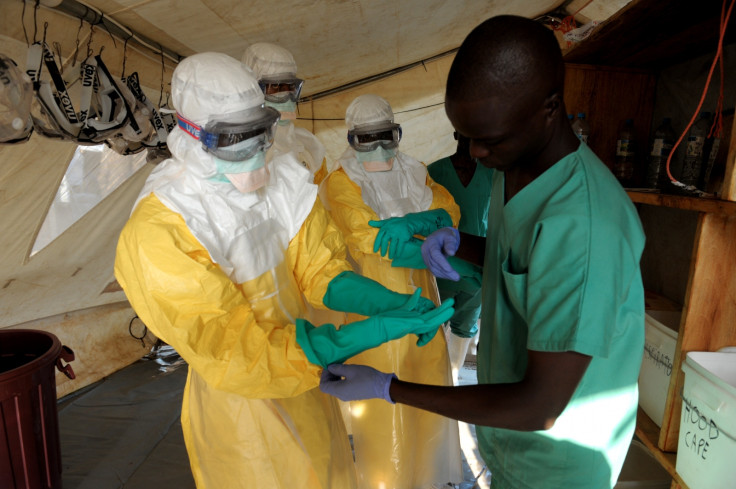Ebola Outbreak Will Cause Food Crisis in West Africa, FAO Warns

The Ebola outbreak could lead to a food crisis in West Africa, the UN Food and Agriculture Organisation (FAO) has warned.
Travelling restrictions imposed in the three countries most affected by the virus – Liberia, Guinea and Sierra Leone – have negatively impacted food production and importations, the FAO said, adding that these nations highly rely on external suppliers of food.
In Monrovia, the capital of Liberia - the most reliant on food importations - the price of cassava shot up 150% within the first weeks of August.
Movement restrictions will affect the crop harvesting season, started in September, due to labour shortages, which will also hinder the production of cash crops like palm oil, cocoa and rubber.
The reduction of cross-border markets has already exacerbated food prices, while the establishment of quarantine zones prompted dozens of people to buy large amount of foods, leading to shortages.
Bukar Tijani, FAO regional representative for Africa, said: "Access to food has become a pressing concern for many people in the three affected countries and their neighbours.
"Food insecurity is poised to intensify in the weeks and months to come. The situation will have long-lasting impacts on farmers' livelihoods and rural economies."
Vincent Martin, head of an FAO unit in Dakar, warned that "These latest price spikes are effectively putting food completely out of their [those in affected areas] reach."
He added that the food crisis could hinder attempts to contain the virus, which is spread via infected body fluids.
The UN World Food Programme and FAO have approved an emergency programme to deliver 65,000 tons of food to 1.3 million people affected by Ebola over a three-month period.
The Ebola outbreak, the worst in history, has so far killed at least 1,500 people, according to the latest reports by the World Health Organisation. Nigeria and Senegal have now also reported cases of infection.
© Copyright IBTimes 2025. All rights reserved.






















